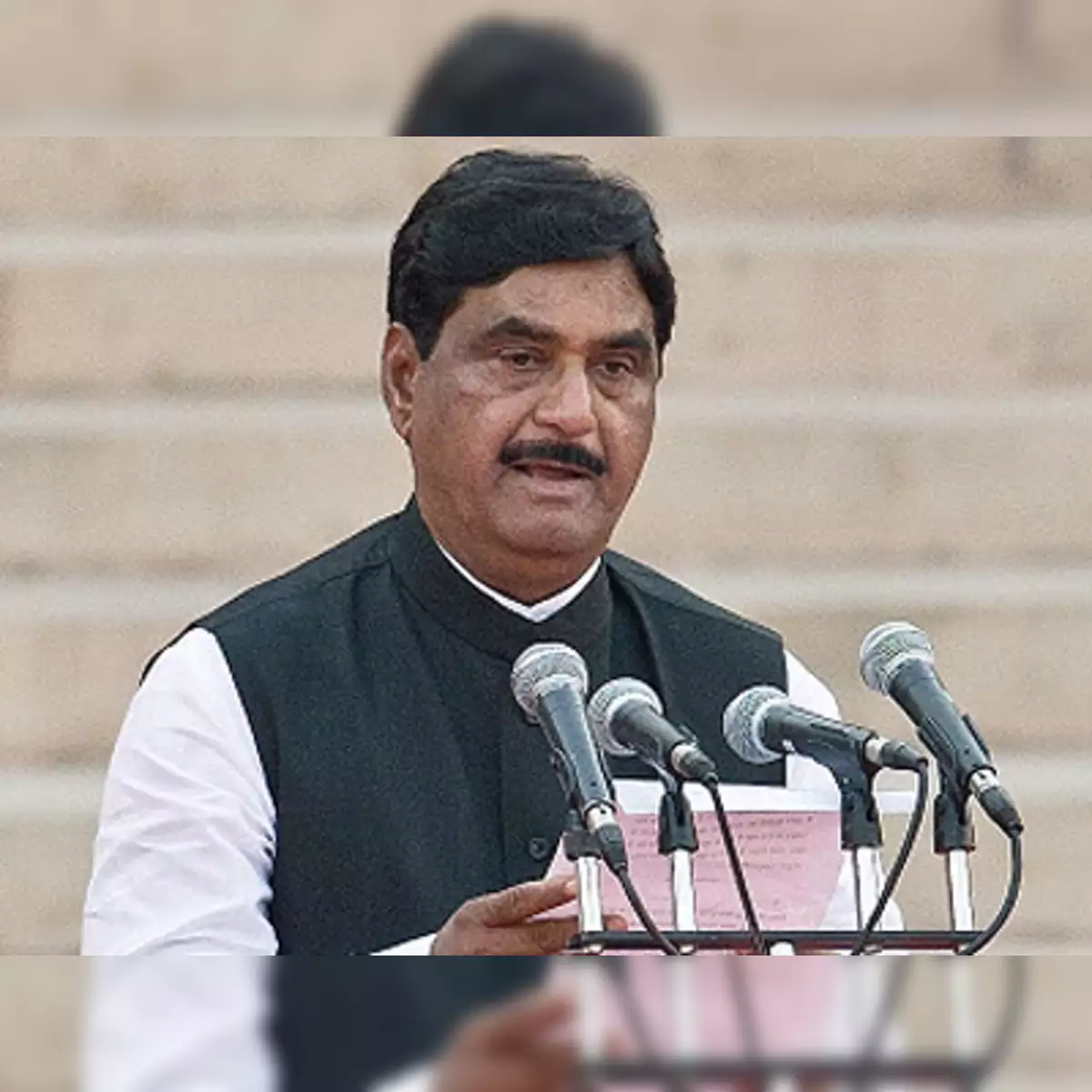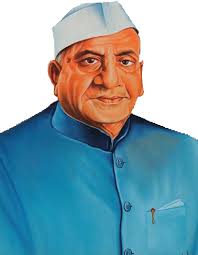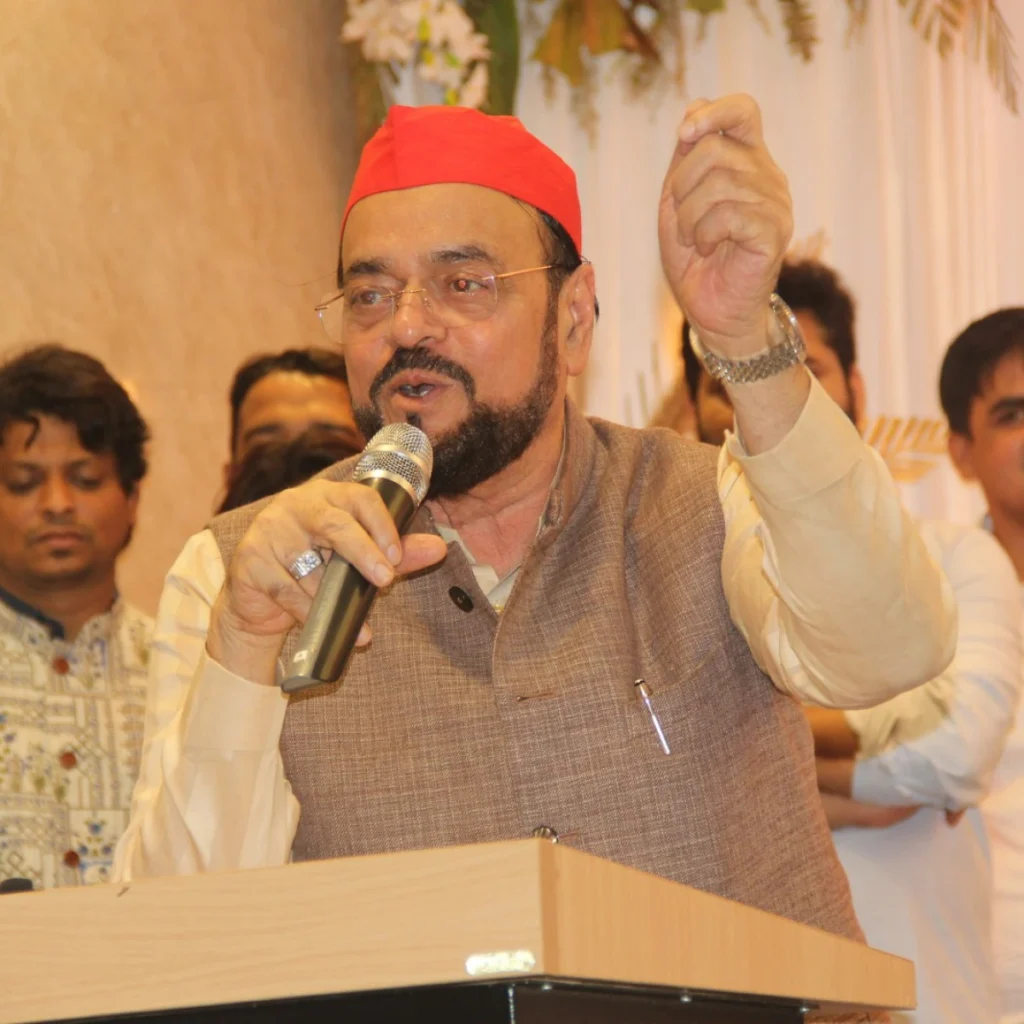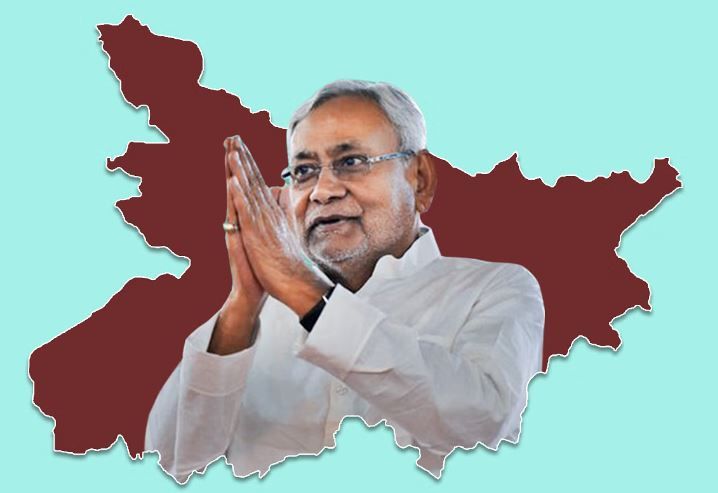Gopinath Munde was a prominent Indian politician and mass leader associated with the Bharatiya Janata Party (BJP). His journey in politics was marked by dedication, grassroots connect, and significant contributions to Maharashtra’s political landscape. However, his untimely demise in a tragic accident in 2014 left a void in Indian politics and sparked various debates and mysteries surrounding his death.
Early Life and Entry into Politics
Gopinath Munde was born on December 12, 1949, in Parali, Maharashtra, India, into a middle-class family. He was academically inclined and earned a Bachelor of Science degree followed by a Bachelor of Laws (LLB) degree from the University of Pune. Munde’s initial career trajectory leaned towards practicing law, but his passion for social service and community empowerment led him towards politics.
Munde’s political journey began in the 1970s when he joined the Rashtriya Swayamsevak Sangh (RSS), a right-wing Hindu nationalist organization. His association with the RSS provided him with a strong ideological foundation rooted in nationalism, cultural pride, and social welfare.
Rise in Maharashtra Politics
Gopinath Munde’s entry into mainstream politics occurred through the Bharatiya Janata Party (BJP), a political arm of the broader Sangh Parivar to which the RSS belongs. His grassroots connect, charisma, and organizational skills quickly gained attention within the party ranks. Munde rose through the ranks steadily, holding various organizational positions and proving his mettle as a mass leader capable of mobilizing support at the grassroots level.
In Maharashtra, Munde’s influence and popularity grew rapidly, especially in the rural and agrarian regions where he focused on addressing farmers’ issues, rural development, and social welfare programs. His ability to connect with people from diverse backgrounds, coupled with his effective communication skills in Marathi, endeared him to the masses.
Political Milestones and Ministerial Tenure
Gopinath Munde’s political career witnessed several milestones, including his election to the Maharashtra Legislative Assembly multiple times. He served as the Deputy Chief Minister of Maharashtra from 1995 to 1999 in a coalition government led by the Shiv Sena-BJP alliance. Munde’s tenure as Deputy CM was marked by efforts to strengthen rural infrastructure, promote agricultural growth, and empower marginalized communities.
His entry into national politics came in 2009 when he was elected as a Member of Parliament (MP) to the Lok Sabha from the Beed constituency in Maharashtra. Munde’s astute leadership qualities and administrative acumen led to his appointment as the Union Minister for Rural Development in the Narendra Modi-led government in 2014, showcasing his continued relevance and influence in Indian politics.
Tragic Demise and Controversies
On June 3, 2014, tragedy struck when Gopinath Munde met with a fatal car accident in New Delhi. The sudden and untimely death of the mass leader sent shockwaves across the political spectrum, triggering widespread mourning and tributes from political leaders, supporters, and the public at large.
Munde’s death also gave rise to various controversies and conspiracy theories surrounding the circumstances of the accident. Questions were raised about the sequence of events leading to the crash, allegations of foul play, and demands for a thorough investigation to uncover the truth. The mysterious aspects surrounding his death fueled speculation and debates in political circles and the media.
Legacy and Impact
Gopinath Munde left behind a legacy of dedicated public service, grassroots politics, and a strong voice for rural India. His contributions to Maharashtra’s development, especially in areas of agriculture, irrigation, and rural infrastructure, are remembered fondly by those who worked closely with him and benefited from his initiatives.
Munde’s mass appeal and ability to bridge rural-urban divides made him a respected leader across party lines. His work ethic, commitment to social justice, and advocacy for farmers’ rights continue to inspire political leaders and activists, emphasizing the importance of inclusive and sustainable development policies.
Conclusion
Gopinath Munde’s journey in Indian politics reflects a blend of grassroots connect, administrative prowess, and a deep-rooted commitment to public service. His sudden demise in 2014 left a void in Maharashtra politics and the national political arena, reminding everyone of the uncertainties and challenges faced by public figures.
While controversies and mysteries surround the circumstances of his death, Munde’s contributions and impact on Maharashtra’s development narrative remain significant. His legacy as a mass leader who championed the cause of farmers and marginalized communities endures, serving as a guiding light for future generations of leaders committed to serving the people with integrity and dedication.






